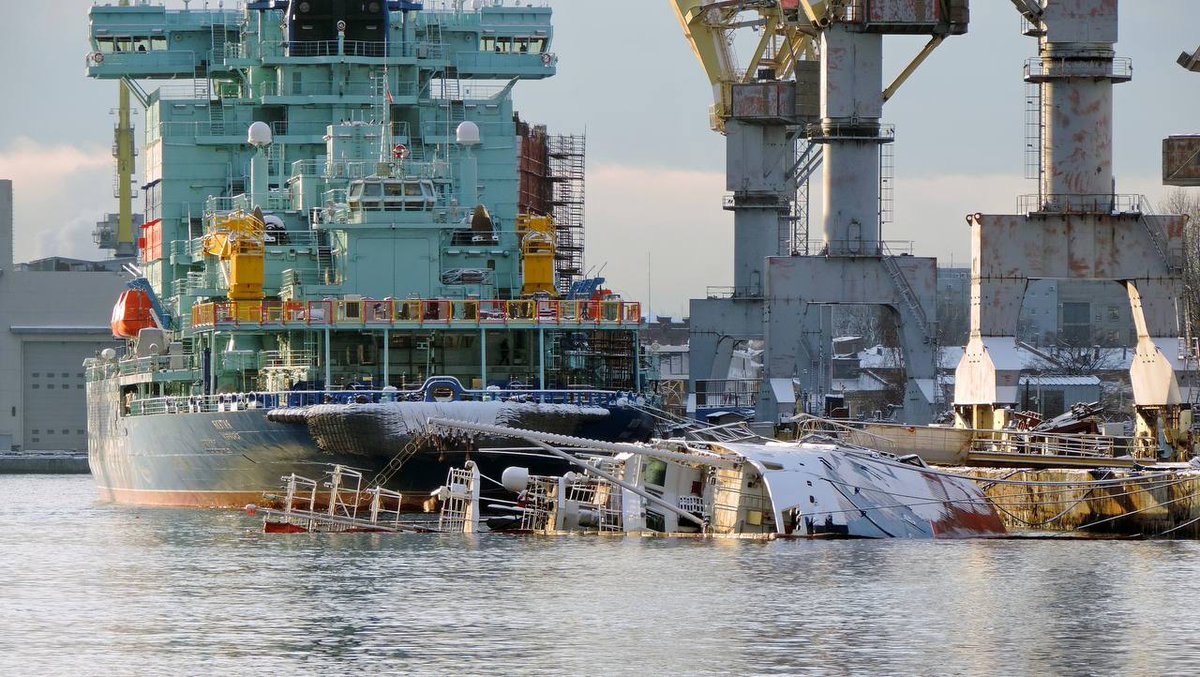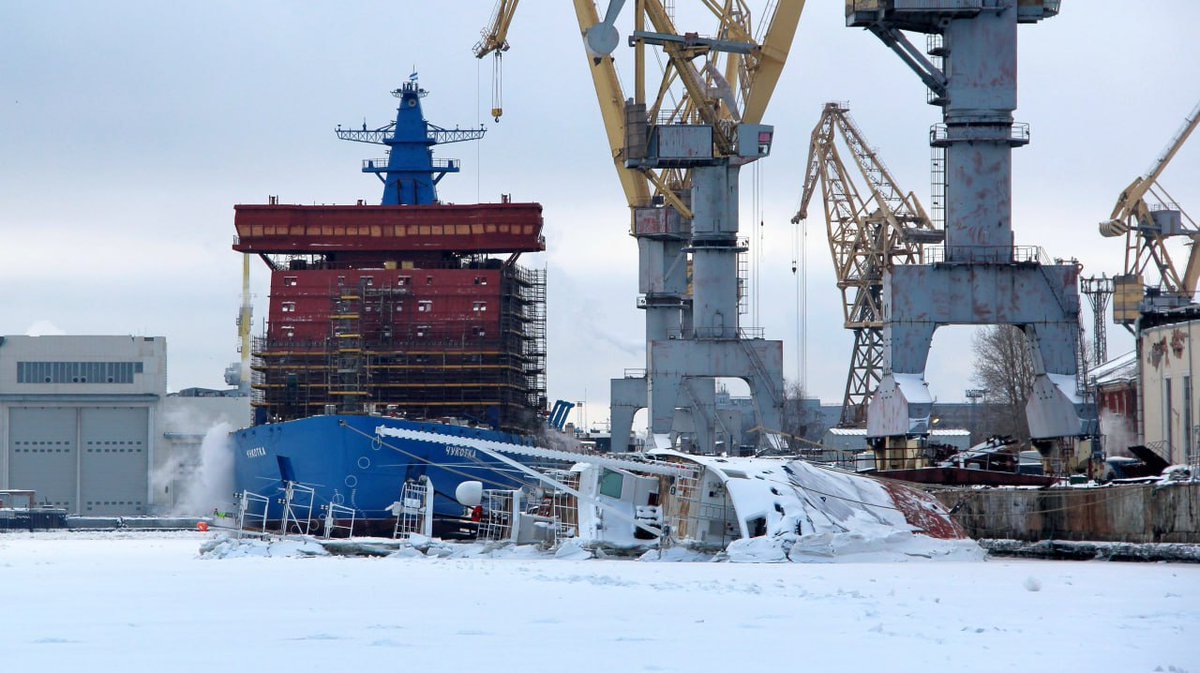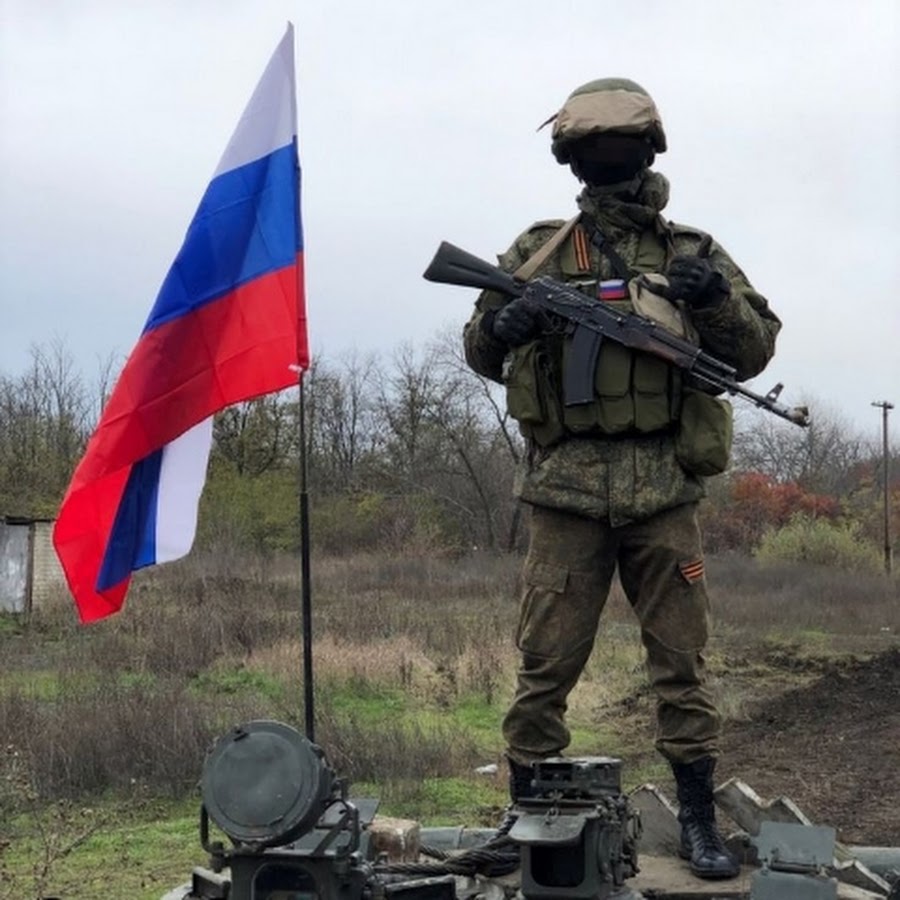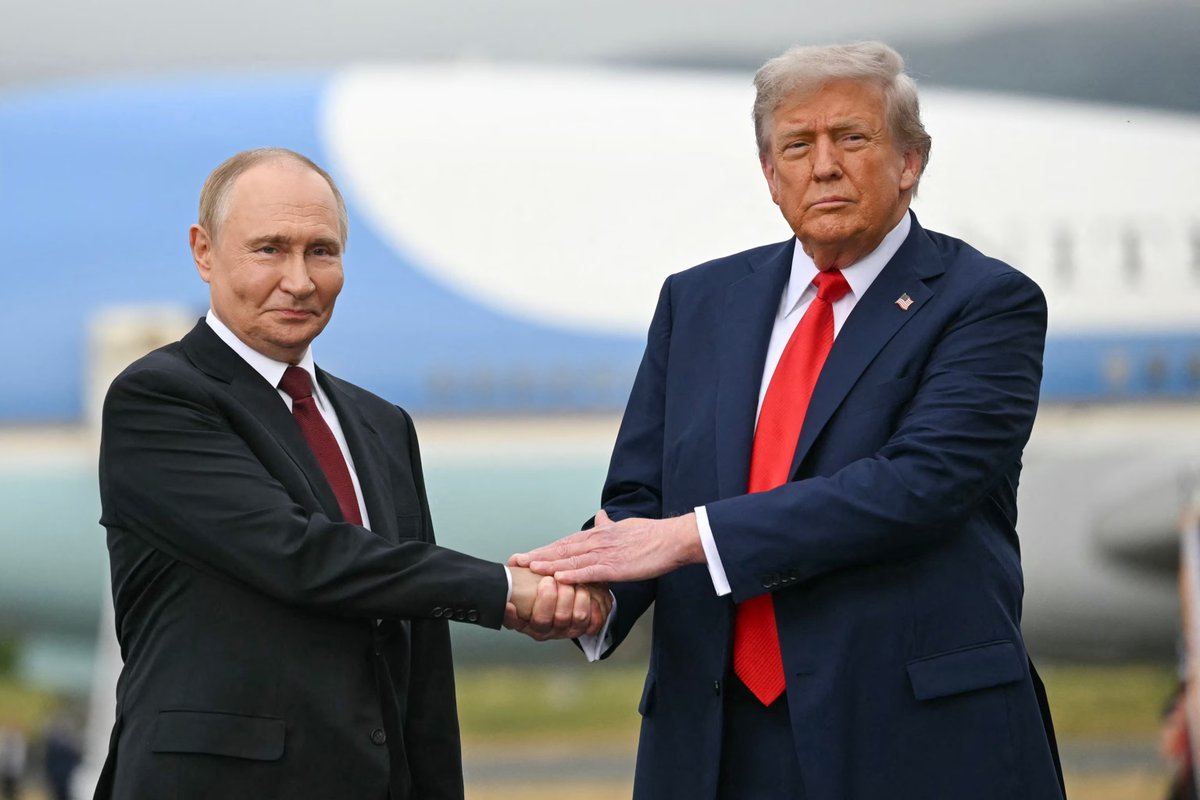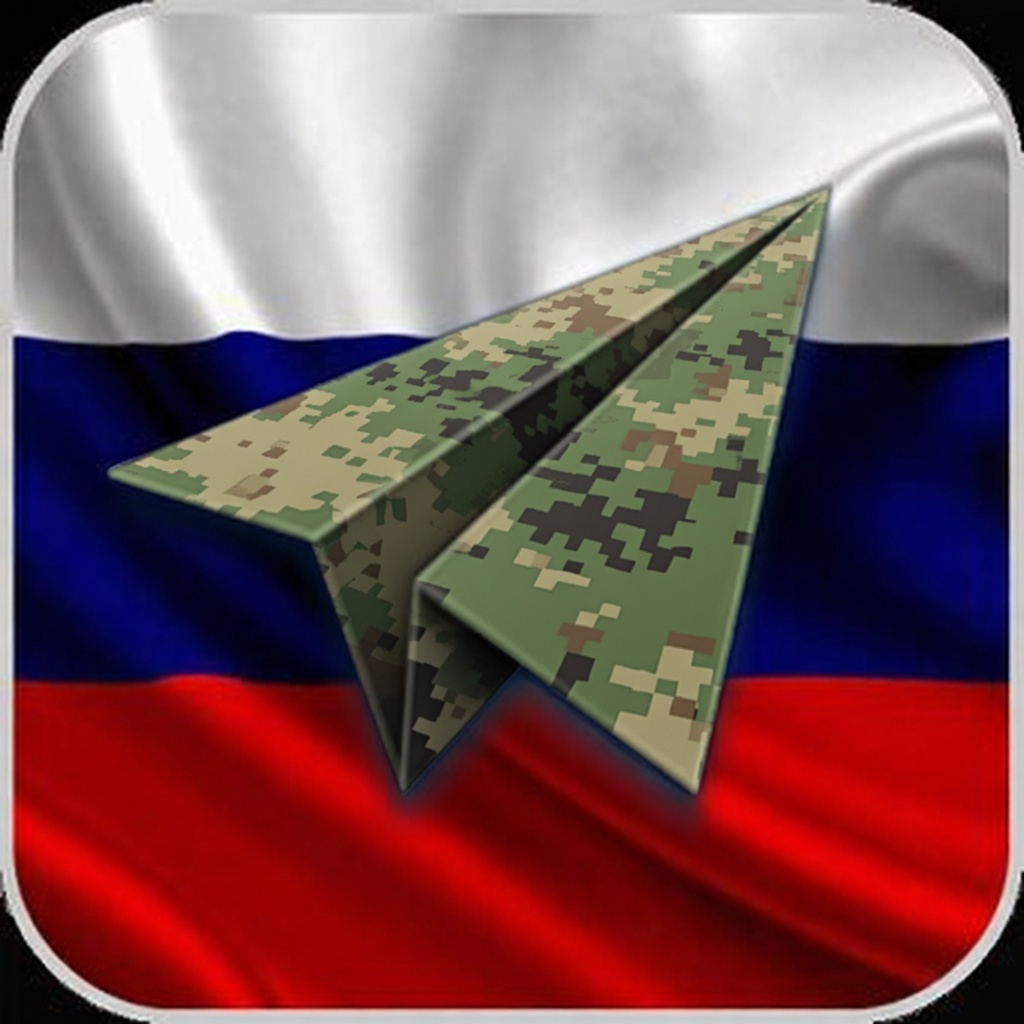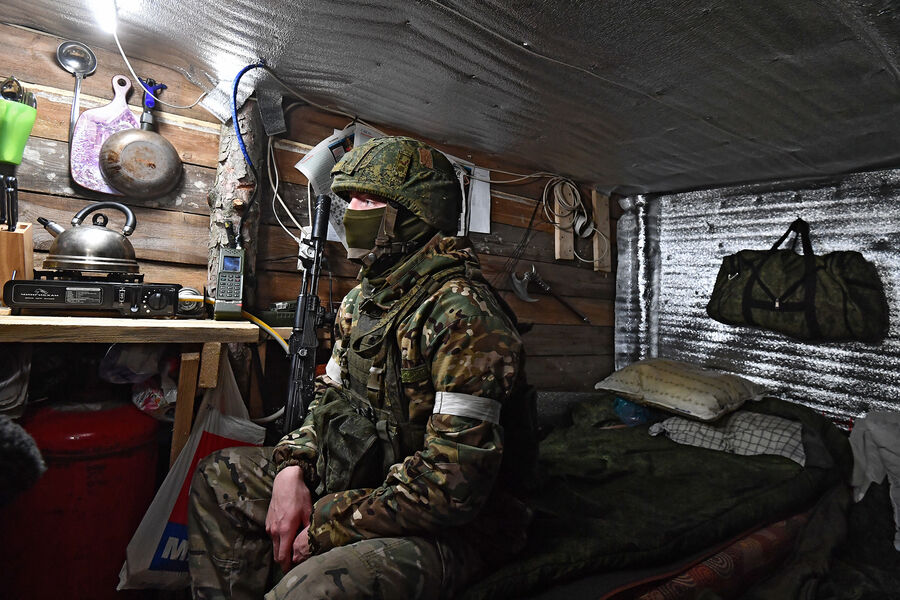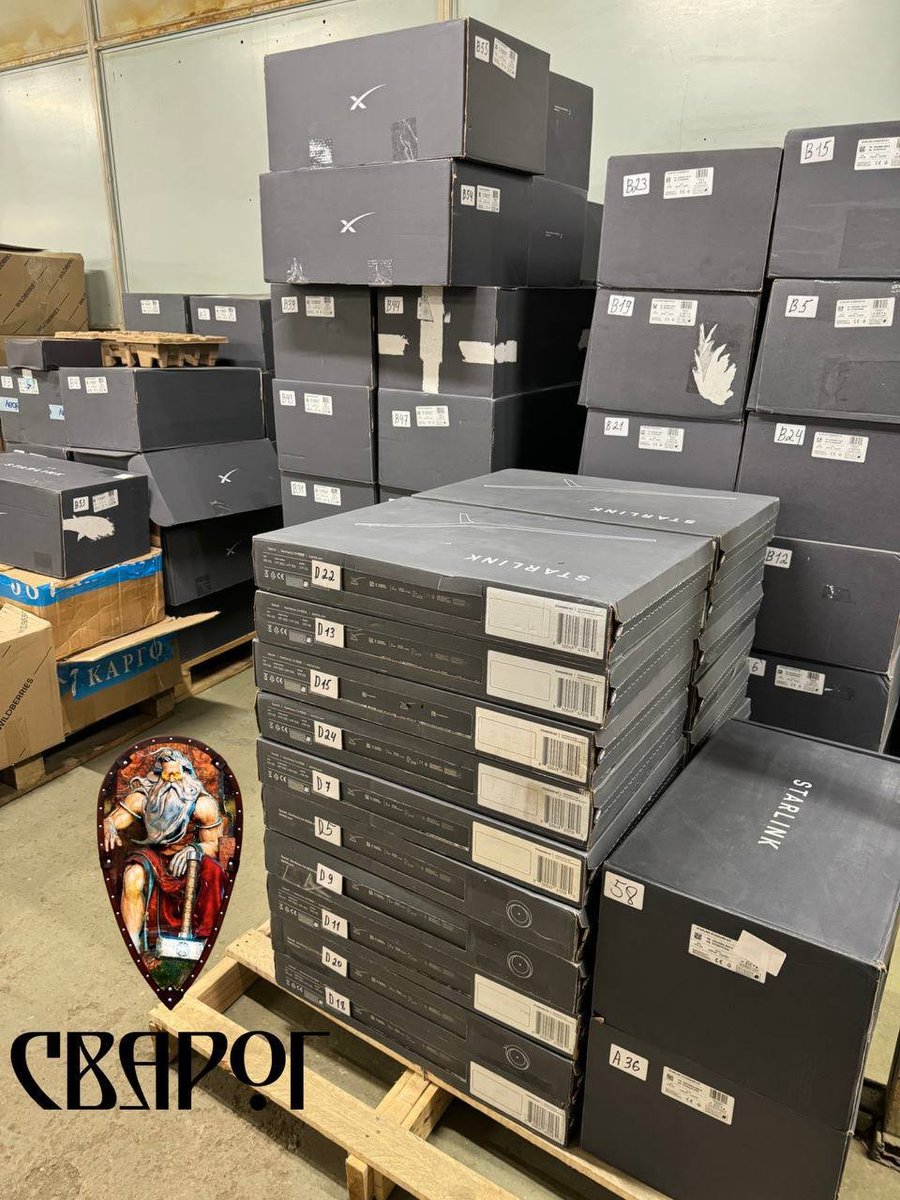1/ Many observers have noted the difficulties that the Russians face in coping with winter in Ukraine, including deficiencies in clothing, discipline and leadership. But there's another critical factor worth highlighting: supplies of food and water. ⬇️ 
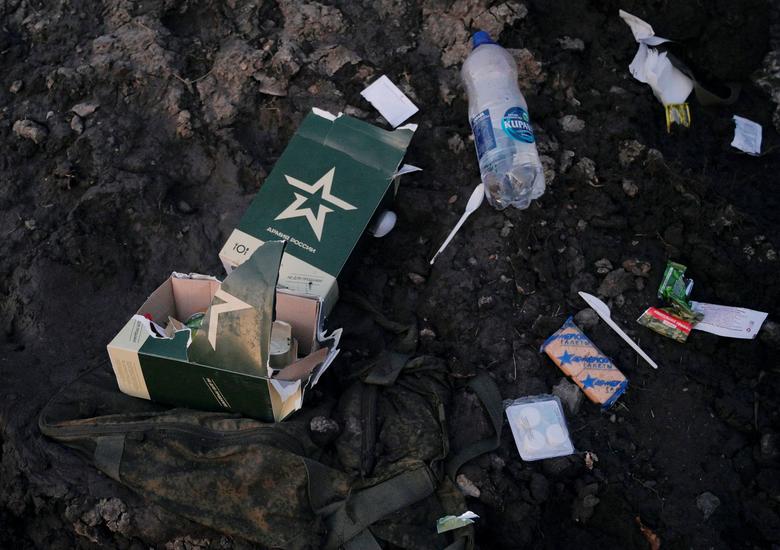
2/ I've been following the personal stories of Russia's contract and mobilised soldiers for some months now, and a consistent theme in all theatres of the Ukraine war has been a lack of food supplies. It's been a problem since the start of the invasion in February.
3/ Let's consider what a soldier needs in cold weather. The US Army says: "Depending on your exertion level, Soldiers should consume between 4,500 and 6,000 calories and 3.5 to 5 quarts of water per day. Light infantrymen will require the upper end of that scale."
4/ The US Army provides soldiers with Meals, Cold Weather (MCW) – versions of the usual Meals, Ready to Eat (MRE). Normal MREs are designed for temperate and hot environments. MCWs provide extra calories for coping with cold environments. 
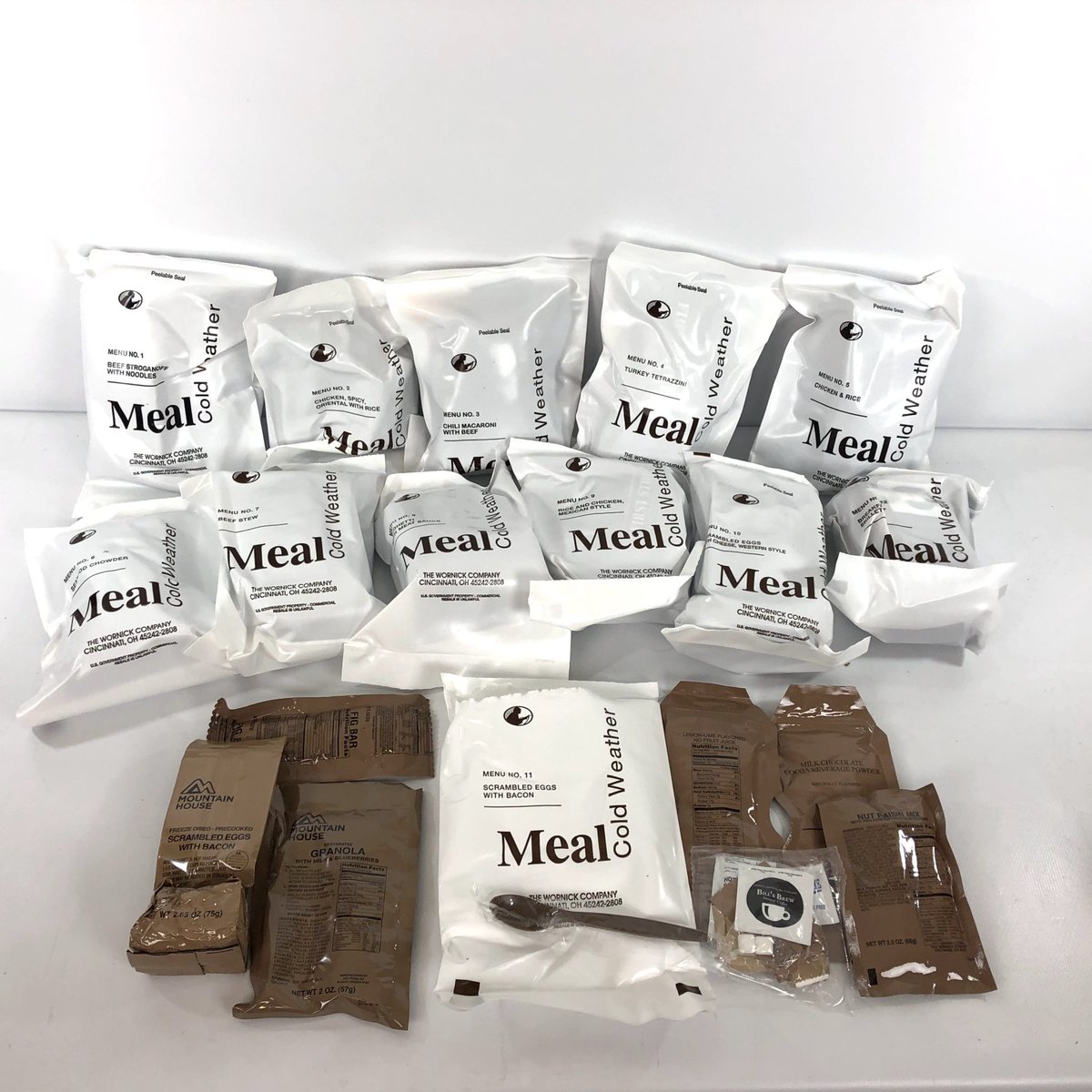
5/ Russia's equivalent of the MRE is the IRP-P ("individual daily diet"). It's designed for a day's use, providing three meals (breakfast, lunch and dinner). Each pack also contains coffee, sugar and disposable cutlery. 

6/ As can be seen from the side of an IRP-P packet, they come in 7 options (this one is no. 3). The contents vary slightly but all offer around 4,800 calories. This is about 20% less than the US Army recommends for light infantrymen in winter. 

7/ Russian troops, especially in the east, are under a lot of stress – they are being constantly harassed by the Ukrainians even when they are not facing direct attacks or carrying out assaults in places like Bakhmut. So it's safe to assume they need a lot of calories.
8/ Personal accounts from Russian troops and intercepted phone calls published by the Ukrainians show that the Russians have had problems with food logistics since the war started. Let's look at the picture that this reveals.
9/ (I should add a cautionary note here: individual anecdotes don't necessarily show the complete picture. Only the Russians (maybe) know the true picture. But the number of similar reports from all fronts over a long period of time suggest widespread and consistent problems.)
10/ Putin's disastrous assumption that the war would be over in days led to soldiers only being given a few days' rations. Ukrainian attacks on Russian supply lines in northern Ukraine led to severe logistical problems. Russian troops soon ran out of ammunition, fuel and food.
11/ As a result, many Russian soldiers were seen begging or stealing food from Ukrainian homes and supermarkets. Other Russians spoke in phone calls of eating domestic animals, including dogs.
https://twitter.com/MrKovalenko/status/1541980547089633281
12/ Food resupply was also a problem in the south. Russian troops attacking towards Mykolaiv soon ran out of rations. Field kitchens were brought up, but their output was so bad that troops said they didn't want to eat it. The kitchens also attracted Ukrainian drone attacks. 

13/ During the summer and autumn, there was a constant flow of videos of Russian troops complaining they were getting no food supplies and were drinking water from puddles. They reported foraging mushrooms, berries, fruit from trees and unharvested corn from the fields.
14/ With the arrival of winter, foraged supplies are no longer available. Relatives say their men are now surviving on food packages sent from home. But it's clear that in many cases, such packages are not getting to the front lines.
https://twitter.com/ChrisO_wiki/status/1600049390520913920
15/ The consequences for the troops are dire. A reduction in combat effectiveness is certain at the very minimum. Hunger weakens the body and makes a person unable to sustain effort for long. But it can be lethal in winter, especially if combined with poor weather protection.
16/ Hypothermia is very likely among people who are poorly dressed for winter conditions or lack adequate shelter from the cold – problems faced by many Russians on the front lines, some of whom say they even lack shovels to make foxholes. It has drastic effects on food needs.
17/ The body's response to mild hypothermia is to induce shivering. This is a very effective way of warming up, but it uses a lot of calories. It consumes around 100 calories every 15 minutes, leaving a person tired and hungry. Moderate hypothermia can induce excessive hunger.
18/ Because the Russian soldiers on the front line often appear to be poorly prepared for winter conditions, it's certain that they will need a lot more food than usual. But as we've already seen, they didn't appear to have enough even before the weather got cold.
19/ What is the reason for such shortages? In the war's early days, they could be attributed to a lack of preparedness and Ukrainian success in interrupting fragile supply routes. But nearly 11 months on, it's clear there's more to it than that.
20/ There are a number of possibilities:
🔹 Ukrainian long-range artillery (especially HIMARS) has pushed Russian logistics bases further back from the front lines, limiting the number of round trips that trucks can make in a day and thus restricting supply deliveries.
🔹 Ukrainian long-range artillery (especially HIMARS) has pushed Russian logistics bases further back from the front lines, limiting the number of round trips that trucks can make in a day and thus restricting supply deliveries.
21/ 🔹 Corruption is almost certainly a contributing factor. IRP-Ps are not supposed to be resold but they are readily available in Russian supermarkets for about $4 and from online shops. They are likely being stolen from depots within Russia by corrupt logistics staff. 

22/ 🔹 Food supplies are almost certainly being lost or stolen. Russian soldiers have complained that logistics staff are stealing food items from depots in Ukraine and selling them to hungry soldiers. The same is likely happening to food parcels sent from home.
23/ 🔹 Inefficiencies and mismanagement in the supply chain likely mean that food is going to the wrong places while those who most need it go hungry.
🔹 It's possible that Russia may not actually have enough ration packs in storage to feed its army (though I doubt this).
🔹 It's possible that Russia may not actually have enough ration packs in storage to feed its army (though I doubt this).
24/🔹 Mud and snow are almost certainly restricting the ability of wheeled vehicles to reach frontline areas. Russia has additional issues supplying its southern front across the damaged Kerch Bridge to Crimea.
25/ The likely consequence of all of this is that a significant number of Russian soldiers are likely to die of hypothermia and perhaps starvation this winter. Newly mobilised troops will probably suffer the most, as they seem to be the worst equipped. 

26/ A further winter factor that is likely to cause increased casualties on both sides is that blood doesn't coagulate as fast in the cold, leading to more shock cases, while wounds are vulnerable to frostbite and increase the risk of hypothermia.
27/ Efficient medical evacuation could reduce these risks, but Russia seems to have been remarkably bad at dealing with casualties and the places where the fighting is fiercest (such as around Bakhmut and Svatove) are not conducive to quick evacations.
28/ Winter puts more stress on logistics more than any other environment. As USMC Colonel John C. Scharfen has written, "Cold weather poses special logistical problems that require more of everything – more rations, more fuel, more transport, more maintenance..."
29/ This of course is true of both sides in this war. But Russia seems to be in a worse place. This is something that the Ukrainians can and most likely will take advantage of.
30/ The Finns, the Soviets in WW2 and UN forces in Korea were all able to mount winter offensives against opponents who lacked supplies and equipment to deal with winter weather. The Korean example is quite relevant to Ukraine.
31/ In October 1950, hundreds of thousands of Chinese soldiers crossed the Yalu river to intervene on North Korea's side. But they had striking parallels to today's Russians. Many lacked winter boots or gloves. They were each issued with only 4 days' rations and 80 rounds. 

32/ They had to forage for supplies from Korean peasants. They also had problems with artillery fire support and air defence. In such circumstances, US Marine Corps troops caused havoc, even though they also weren't well prepared – the Chinese were comparatively worse.
33/ It remains to be seen whether the Ukrainians will be able to take similar advantage of the Russians' ill-preparedness and logistics problems, but their "strategy of corrosion" makes it more likely than not that they will try. /end
• • •
Missing some Tweet in this thread? You can try to
force a refresh


